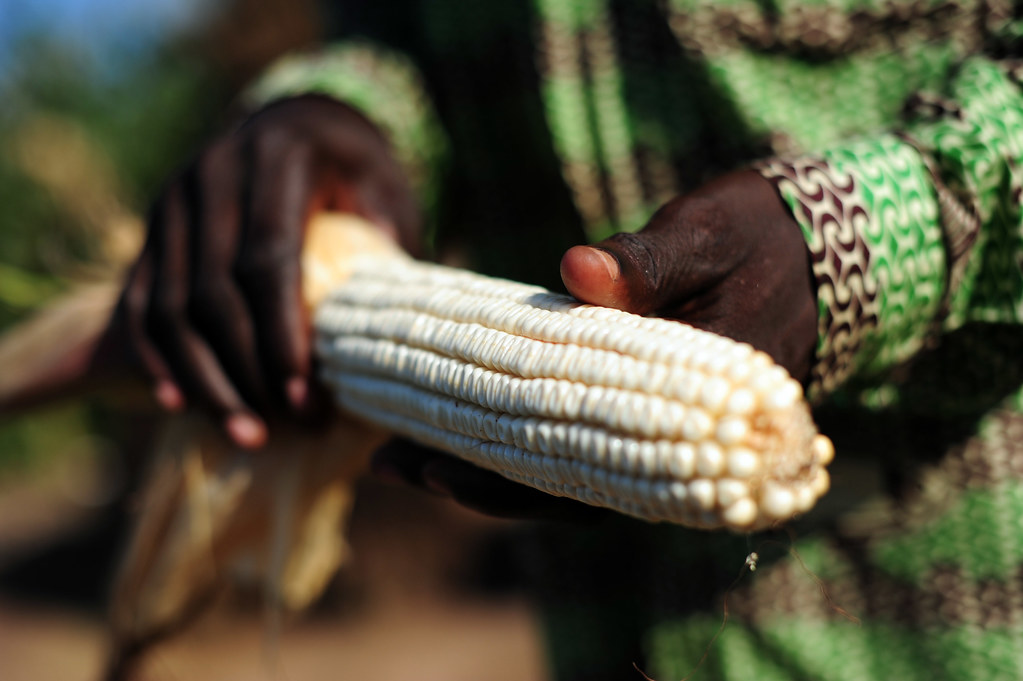
By George Munene
According to a review of hundreds of international studies conducted between 1997 to 2020, genetically modified (GM) Bt maize was found to be safe for the environment and enhances the number of beneficial insects.
The study; “Does the growing of Bt maize change abundance or ecological function of non-target animals compared to the growing of non-GM maize?” found Bt maize-- the most widely grown GM crop in the world-- to be little affected by parasites limiting insecticide use and therefore much less harmful to the ecology than planting conventional maize.
Bt maize limits insect pests like maize borers, rootworms, and other major maize pests by producing proteins from a common soil bacterium, Bacillus thuringiensis, which is also used for pest management in organic farming. It also has no negative effects on lady beetles, flower bugs, lacewings, and other non-target insects, researchers found.
Related News: 11MT of GMO maize to be planted on 500,000 acres early next year
Related News: Approval of GM soymeal would reduce fish feed costs by 20%
The impacts of genetically modified organisms (GMOs) cultivation has come into focus following a cabinet decision on October 3, 2022, that approved their cultivation in Kenya.
“Our systematic review supports the conclusions that Bt maize represents a highly selective pest control technology with relatively few negative consequences on the ecology associated with maize production, especially when compared with the alternative use of broad-spectrum insecticides for managing Bt-targeted pests.
Related News: Nigeria launches first GMO food crop, Pod Borer Resistant Cowpea to up production
The Bt maize varieties cultivated commercially worldwide have all gone through regulatory environmental risk assessments that concluded that no unacceptable risks for non-target organisms and biodiversity exist,” read the conclusions of the report conducted by researchers from the United States Department of Agriculture (USDA-ARS) and Switzerland.
The research also investigated whether published research favourable to Bt maize often originated from scientists funded by GM seed-producing companies and found no such conflicts of interest.
Bt maize has been in cultivation since 1996 when Genetically modified (GM) crops were first commercialised. It is made from naturally occurring soil bacterium, Bacillus thuringiensis.
















Comments powered by CComment